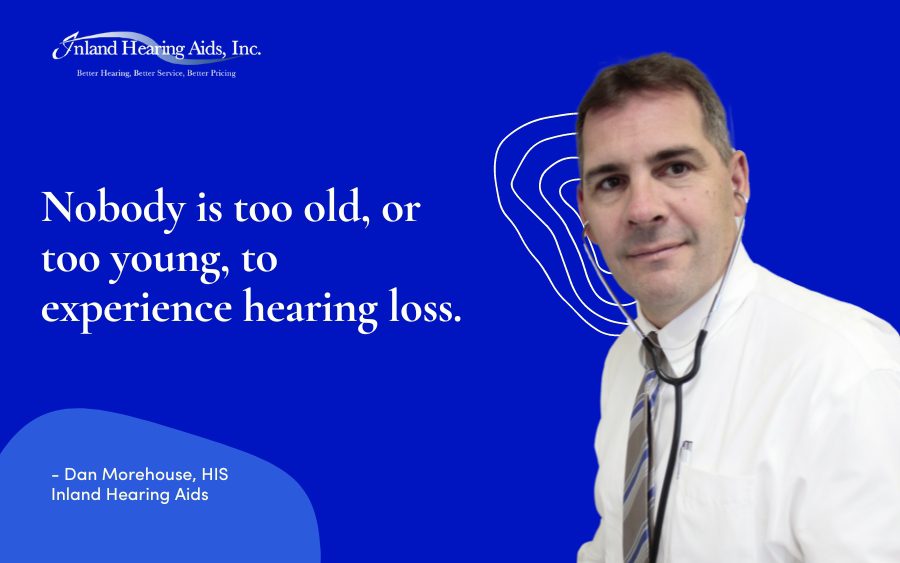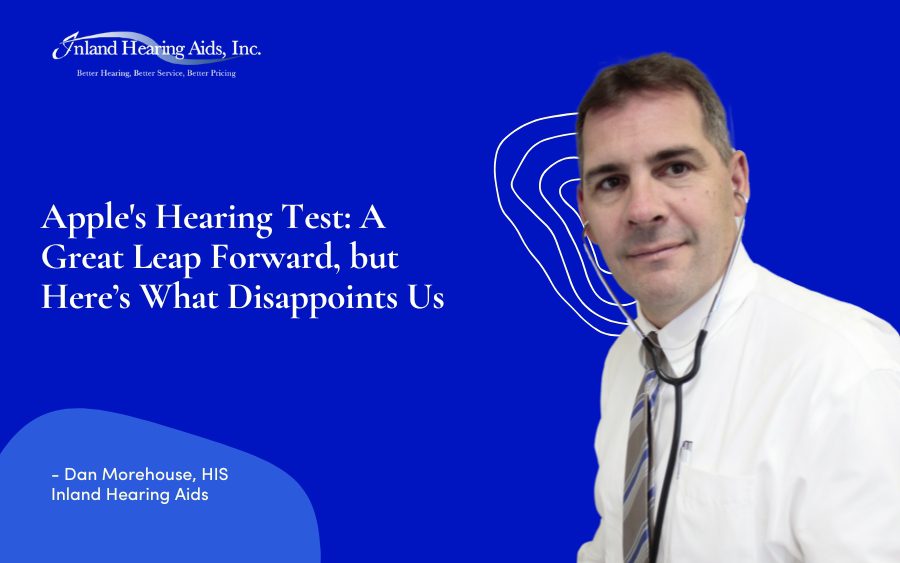Apple’s Hearing Aid Features Released | Our Initial Impressions
Today, October 28, 2024, Apple released its iOS 18.1 software, which
Now part of the Beltone Hearing Care Network, visit www.beltonesound.com for a complete listing of all locations in the US.


Today, October 28, 2024, Apple released its iOS 18.1 software, which

Do you ever feel frustrated by the lack of clarity when attending a

One of the most frequent questions that we get from our patients is “How